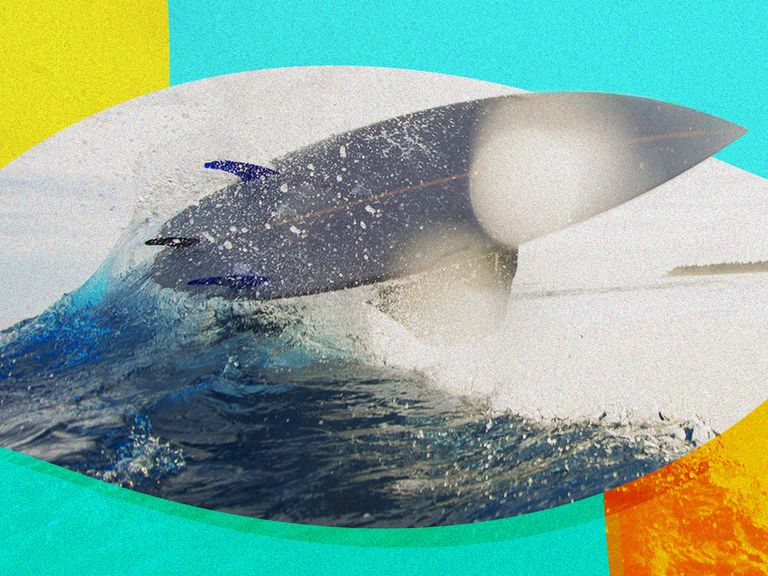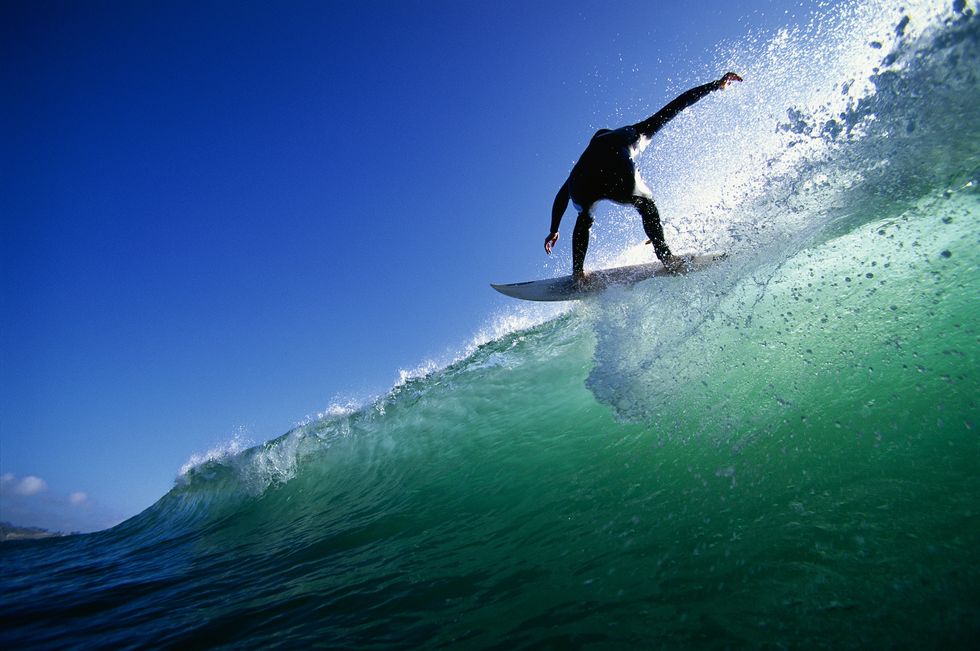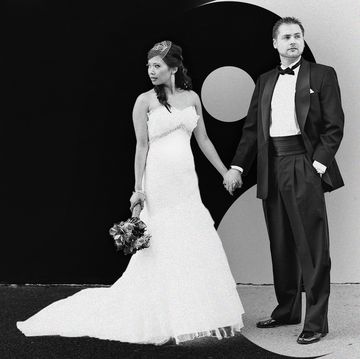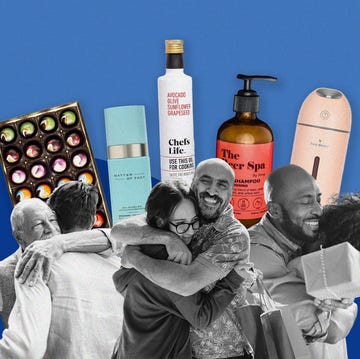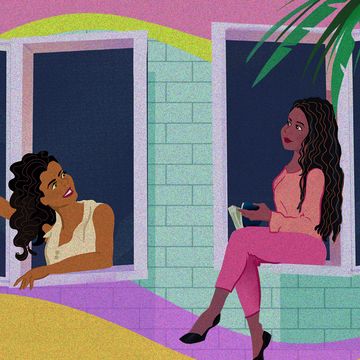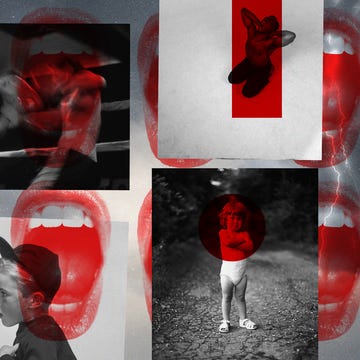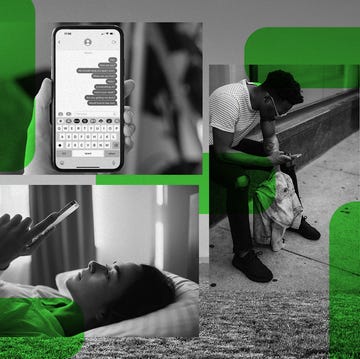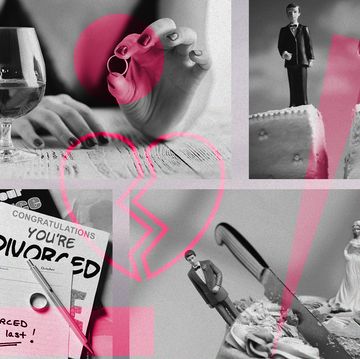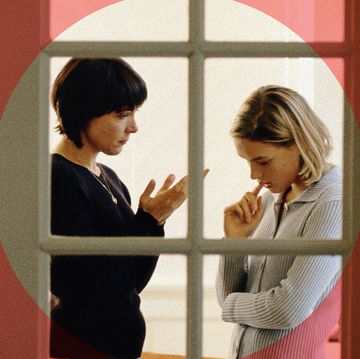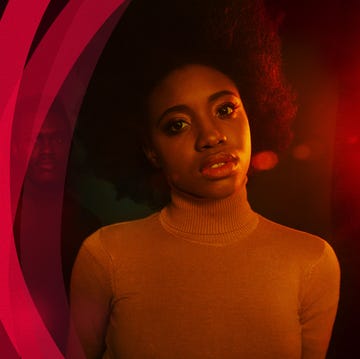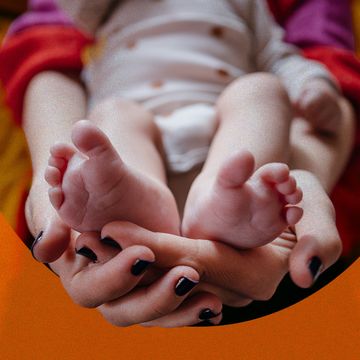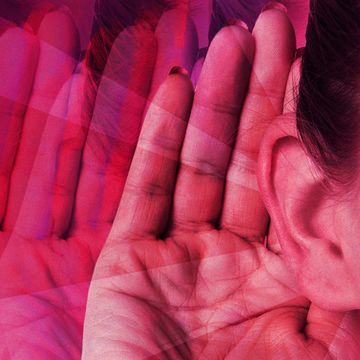I sat there on another workday when, instead of doing what I was supposed to be doing, I opened Instagram, seeking an update from the married man I'd been obsessing over for years. I checked his social media daily and also kept up with his beautiful, accomplished new wife, her thick chestnut hair and sparkling career.
I browsed their feeds so frequently that I knew practically everything about them: their latest work as successful artists, their cute novelty pet, cocktails around town with fabulous friends. I zoomed in on their facial expressions to prove to myself that they really were happier than me. The man was no ex or close friend. I didn’t really know him though I felt as if I did. We’d only met twice. I wanted to stop peeking into their lives — or at least how they chose to present them — any time I opened social media. But I couldn’t.
My obsession started more than a decade ago. I was 32 and traveling for a conference. I ordered the last remaining pastry simultaneously as a man standing in an adjacent line at the convention-center café. Both cashiers faced down the two purchasers of one remaining item. Confusion and a rom-com-worthy meet-cute ensued, but I was the first to swipe a credit card.
“You can have half,” I turned and said, noticing his wide smile, dark-rim glasses, and soulful dark brown eyes. “Really?” he replied. “If the tables were turned, I wouldn’t be that nice.” It felt like fate when we talked, exchanged numbers, met up once, talked more, and kissed for a while. It did not feel like fate when he subsequently ghosted me.
The story should have ended there. However, because society and technology have granted us the ability to see everyone's personal details on social media, I spiraled. I was obsessed with the reason for his ghosting, which led me down the wormhole to the fellow artist he eventually married. I invested hours each day looking at their updates: her moving in to his home, power-couple-around-town pictures, the eventual diamond ring, mutual creative-career successes, tiny bits of minor fame. They had everything I wanted at a level of success I had not achieved.
It’s not like I was barricaded in a basement. I lived out my own life, dating and working while checking in on my secret obsession. Eventually, I also got married and moved across the country from Brooklyn to a small California coastal town. One day, a friend took me out to a beginner surf break. I loved it. I bought a secondhand surfboard and stuffed myself into a neoprene wet suit between working and mothering.
I continued to hide my “watching,” as I called it, from everyone else in my real life. It was easy because I spent most workdays as a freelance writer alone at my desk. This couple’s life was one I couldn’t take, but following their journey on social media made it feel as if I could. When I had any downtime, I reached for my phone and paid a visit to my old “friends.” Just a quick peek, I’d attempt to justify.
Admittedly, I took a bizarre delight in my own suffering — a side effect of social media lurking I took to calling reverse schadenfreude — by gaining pleasure from the pain caused by watching their publicly lauded careers, glamorous social engagements, and far-flung travels. I wondered whether I was the only one or if there were others like me, craving those reverse-schadenfreude pangs like a sugary snack that you knew was bad for you yet couldn’t quit bingeing on.
I’d become the online lurker all of us fear haunting our social media accounts, a silent stranger wishing to know what it’s like to be you. I started checking in on them more often than I had real conversations with real friends. I felt humiliated for my behavior, spending so much time out of my one and only precious life on such pointlessness.
Then, I came across a quote from psychology professor Ethan Kross while reading my Free Will Astrology horoscope: “Just as hunger tells us that we need to eat, the feeling of envy could show us what is missing from our lives that really matters to us.” Considering my obsession through that lens made me realize I needed to figure out what was missing for me. The practice had become distracting and suffocating.
I didn’t want to do it anymore, but I wasn’t sure how to make it stop. “Obsession makes us feel potent, capable, and purposeful,” Dr. Alex Lickerman wrote in a 2010 article on the topic in Psychology Today. However, Lickerman also notes, “Obsession, when made to serve us, can bring out our most capable selves, motivating us to find the creativity and ingenuity to solve incredibly difficult problems. Obsession, in short, can lead us to greatness.”
There was no control over external validation, of what would come of my efforts to succeed in a languishing career. I was in a marriage with my best friend. We had two beautiful children. There wasn't really anything wrong with my life. Yet none of this led to me losing any interest in them. I needed to replace my compulsion with something of my own.
I thought of surfing. I remembered loving that feeling of trying to dance on waves. The Pacific Ocean was a perfect place to get away from social media. I couldn’t watch them if I couldn’t physically go online. The open water is the perfect place to think about anything, everything, and nothing. Eventually, I began spending more time there than looking at their feeds.
Out in the ocean, raindrops pelting the water, sunbeams ripping into the sea, and otters lovingly frolicking across the surface replaced the dreadful moments of me looking at my phone. I noticed multiple ways that my time online adversely affected my mental health, from doomscrolling in the morning to my reverse-schadenfreude social media checks in the afternoon.
As I drifted further from screen time, limiting social media and email checks, letting my inbox grow wild in favor of seeking waves and thoughts, I realized that the reasons I envied them probably weren’t their reality. I could know them the same way one can know the ocean. Looking at maps, charts, and swell predictions doesn’t really tell you what you’ll find until you confront the physical space.
When I felt the itchy twitches to take a quick peek at them, I went on the surf forecasting site Surfline, replacing envy with anticipation of the next wave. I wasn’t a good surfer or a bad surfer. Just a surfer. Of course, I still check on them every now and then, but I can honestly say that my reverse-schadenfreude obsession has been completely dampened by the simple joy of coasting across the face of a breaking wave. The more I’ve discovered my ocean self, I’ve realized my envy truly is a portal to greatness, one that does not depend on external validation, praise, or admiration.
Liza Monroy is a Santa Cruz, California-based writer and author of The Marriage Act, Seeing as Your Shoes Are Soon to Be on Fire, and Mexican High. Follow her on Instagram at @lizamonroy.
Get Shondaland directly in your inbox: SUBSCRIBE TODAY
